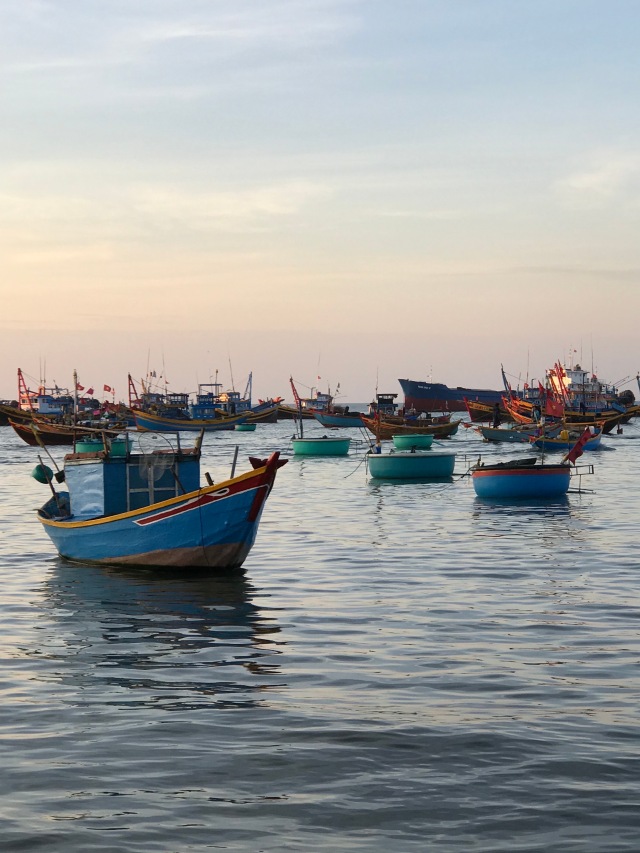
I’m fast approaching 9 years living in Saigon, and the welcoming in of the latest lunar New Year celebrations (the “White Metal Rat” no less) with all the usual anticipation of things to come, has coincided with a flurry of global and personal chapter headings…
Only this weekend I read about the terror attacks in my old London neighbourhood, Streatham Hill, have mourned the initial days of Brexit slipping into reality, genned up on Coronavirus (as my daughters’ schools close for the week as a precaution) and am stomaching the prospect of a future Trump administration, post 2020 election, following the collapse of his impeachment and the latest news from the Iowa caucus this morning.
In home news, Issy and I married 4 weeks ago in Sri Lanka, and this week I am soft launching a new business idea to improve the quality of partnership work that co-exists inside and between the worlds of Non-Profits and Business.
Under Coracle Consulting, I’ll be facilitating training and coaching for those organisations keen to join forces with others to address different social and environmental issues.
So, why should organisations choose to Partner in the first place?
For the many years that I was lucky enough to experience the highs and lows of cross-sector “collaborations,” poverty alleviating “partnerships” and multi-sector “platforms” I never lost sight of the importance of experimenting with the idea that partnering with others can reap rewards.
I saw these rewards not only for those doing the partnering, and those positively impacted by the outcomes of good partnering, but also from the perspective of growing an overall learning about how different approaches to partnering can offer up new solutions fit to tackle many of our existential, societal flaws.
Countless partnership case studies exist (featured on these pages too) that highlight positive practice, and many teaching aids are available (TPI’s Partnering Toolbook, or The Partnership Brokers Association for example) to help guide practitioners.
Over the years, I’ve spoken at various conferences in Asia about partnering, and have supported the work of organisations such as Business Fights Poverty and Elevate (a CSR Asia company) in moving the dial on this topic – in particular, the nexus where international NGOs and large corporations join forces, and together seek to make sizable social, environmental and economic gains.
Overall, it seems to me that there is a significantly long way to go down the partnership road before systematic standards, principles and ways of working come naturally to the many millions of public, private and non-profit entities out there who want to “make a difference”.
What I hope to do in 2020 – global fluctuations in politics and personal milestones aside – can be summed up by these two goals:
- To raise awareness about, and demonstrate why, there huge potential exists when organisations invest in partnerships; and
- To offer up my time and experiences to support organisations in their respective pursuit of finding the right partner in their eco-system, and then turning their ideas and innovations into important and scalable solutions for as many people, communities and societies as they can.
I’d love to hear from anyone on this topic, and will always find the time to discuss ideas and suggestions for how large scale improvements and enhancements can be made to partnering.
Do get in touch, either in the comments section here or over on the Coracle pages: http://www.coracleconsulting.net
Thanks for reading and have a great Year of the Rat!

